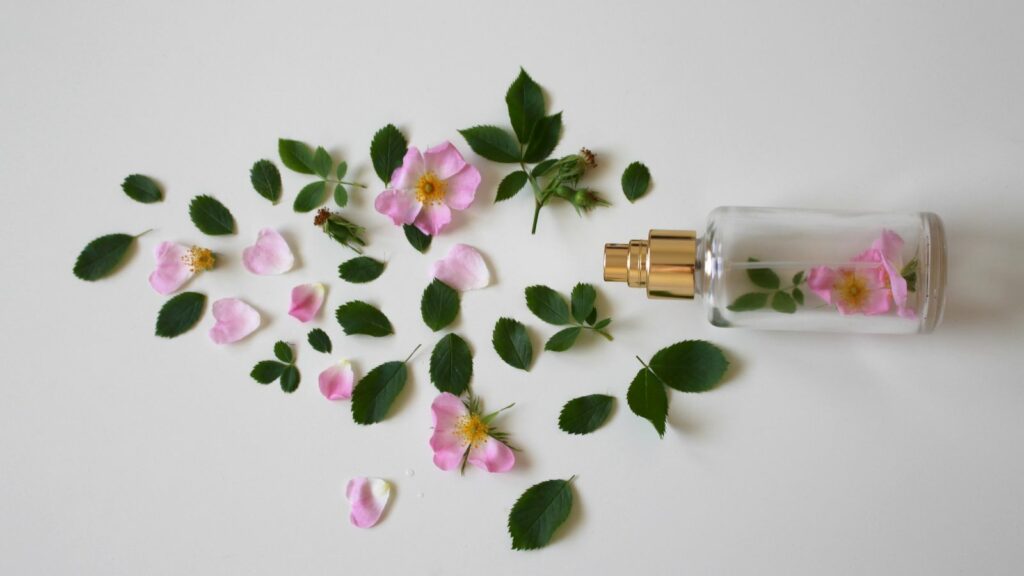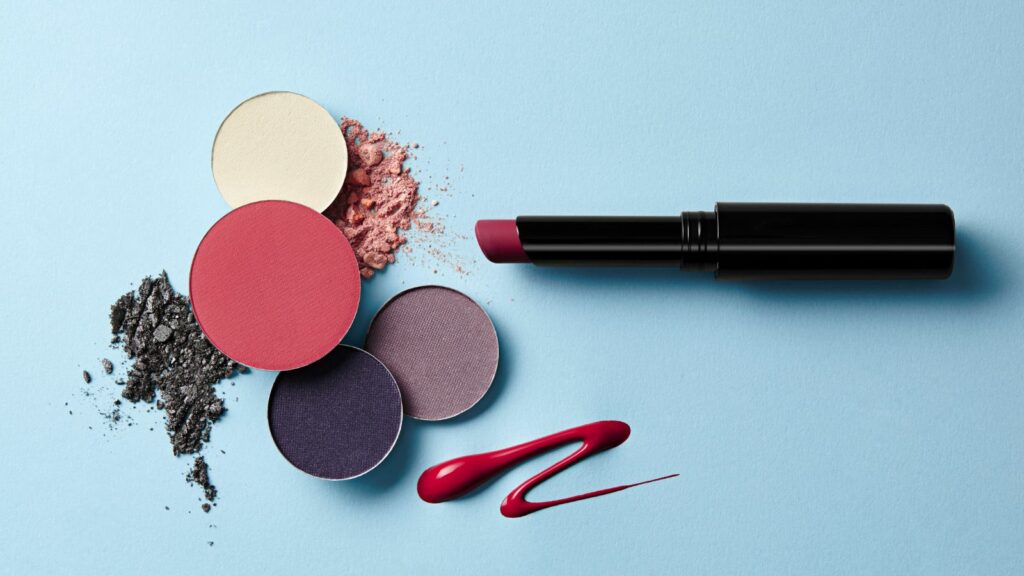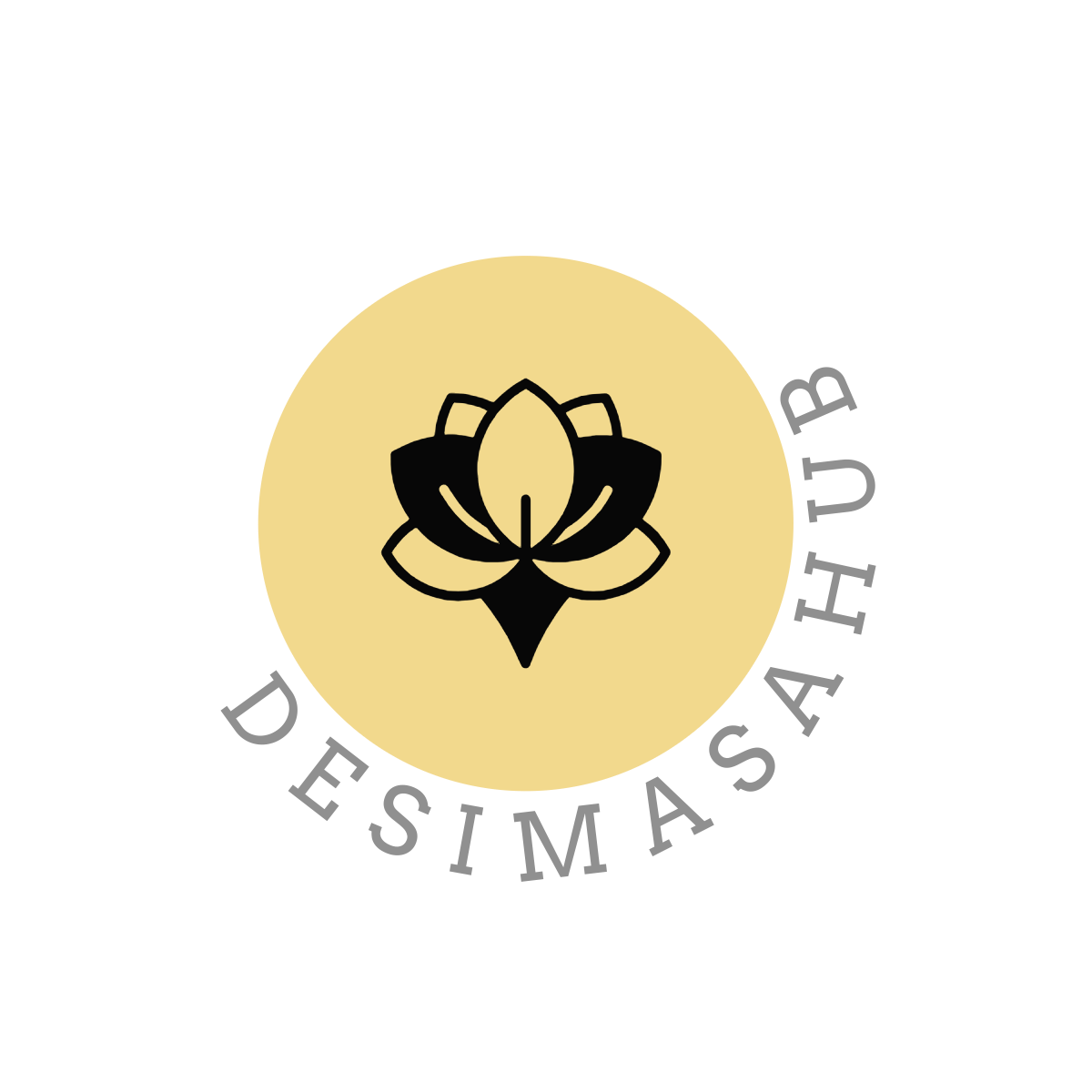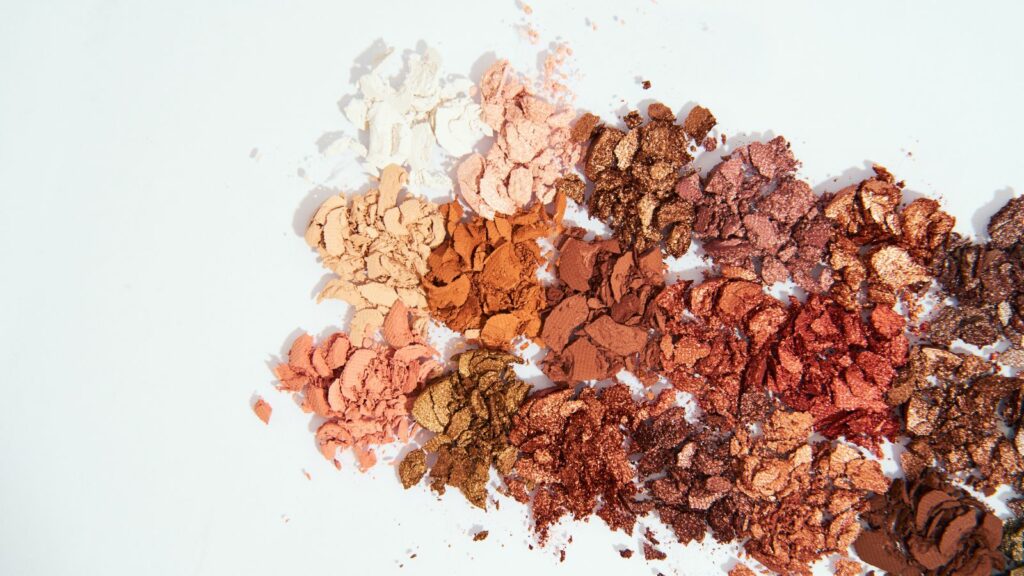In the ever-evolving world of beauty and personal care, staying ahead of industry trends is crucial. It’s a realm where innovation, creativity, and science converge to redefine the standards of beauty. This dynamic industry is constantly reshaping itself, driven by the relentless pursuit of perfection and the desire to meet diverse consumer needs.
Whether it’s the latest skincare formulations, breakthroughs in haircare, or the rise of eco-conscious beauty, there’s always something new on the horizon. This article aims to shed light on the latest trends shaping the beauty and personal care industry, offering insights that could help businesses and consumers alike navigate this exciting landscape. Let’s dive into the world of beauty and personal care, where change is the only constant.
Beauty and Personal Care Industry Trends
The beauty industry commands a considerable share of the market, and with power comes responsibility. This section explores the integration of sustainability into the beauty industry, focusing on the uptick in eco-friendly packaging and the transitioning towards all-natural ingredients.

Businesses in the beauty industry send a strong message with sustainable packaging, positioned as the new standard. Consumers yearn for options that are not harmful to the environment. Companies rise and cater to this demand by opting for items like biodegradable or recyclable products. For instance, Lush Cosmetics offers package-free products, reducing the carbon footprint significantly.
In this new trend, there’s also a massive wave of reusability, where companies promote package refills. The Body Shop, a known advocate of sustainability, started a return-and-refill station, encouraging consumers to utilize their packaging for more than just one time.
The shift towards all-natural ingredients is a stride in the beauty industry’s sustainable race. For a product to be tagged as “natural,” it must trigger minimal harm to the environment and must not involve synthetic compounds.
As the beauty industry evolves, technology drives the transformation. Artificial Intelligence with personalization and Virtual Reality makeup trials emerge as the frontrunners in the innovation race. As the predecessors, biodegradable packaging and all-natural ingredients set the trends, it’s now technology’s turn to redefine the relationship between beauty and personal care.
AI and Personalization
Artificial Intelligence (AI) has taken personalization to another level in beauty and personal care. AI-powered algorithms, using customer data, identify skin types, conditions, and preferences to curate tailored skincare routines. Additionally, machine learning capabilities detect adjustments, refining product suggestions to meet evolving needs.

Beyond skincare, Virtual Reality (VR) impacts makeup application techniques. VR makeup trials serve as a game-changer, improving customer experiences. Globally recognized brands, such as Maybelline, Sephora, and MAC, have added virtual try-ons to their offerings. Customers are able to test products digitally, using AR/VR technology, before making a purchase decision, and can scan a QR code for additional product information and reviews.
Building on the impact of sustainable practices and advanced tech in the beauty industry, social media, too, holds considerable sway over beauty standards.
Influencer Collaborations
The effects of influencer collaborations are far-reaching. Brands partner with high-profile personalities on social platforms to tap into their expansive follower base. For instance, Rihanna’s partnership with Fenty beauty led to the creation of inclusive beauty products, establishing a new norm for the diversity of skin shades.

These collaborations involve influencers, often with a significant following on platforms like Instagram, marketing a brand’s products. This kind of exposure leverages the influencer’s reach, ensuring that the brand’s products secure maximum coverage. The visible impact includes an increase in sales, as well as the brand effectively communicating its values and narratives to its potential consumers
In addition, social media influences the rapid spread of viral products and trends. Flashy product launches and innovative beauty routines gain steam on platforms such as TikTok, garnering millions of views and likes. An illustrative example is the remarkable surge in popularity of the skincare brand ‘The Ordinary’ after its peeling solution took TikTok by storm.

